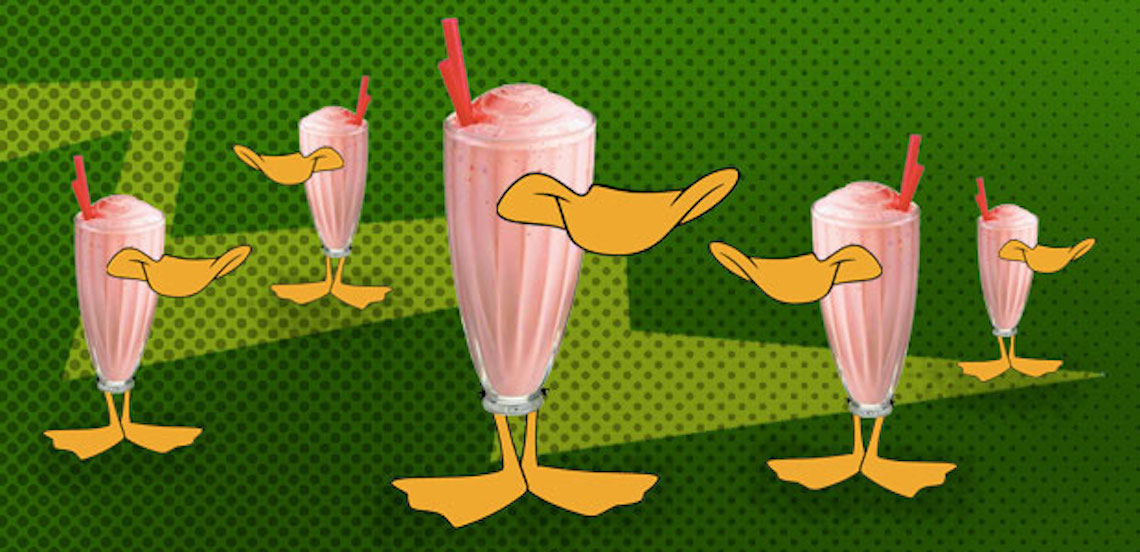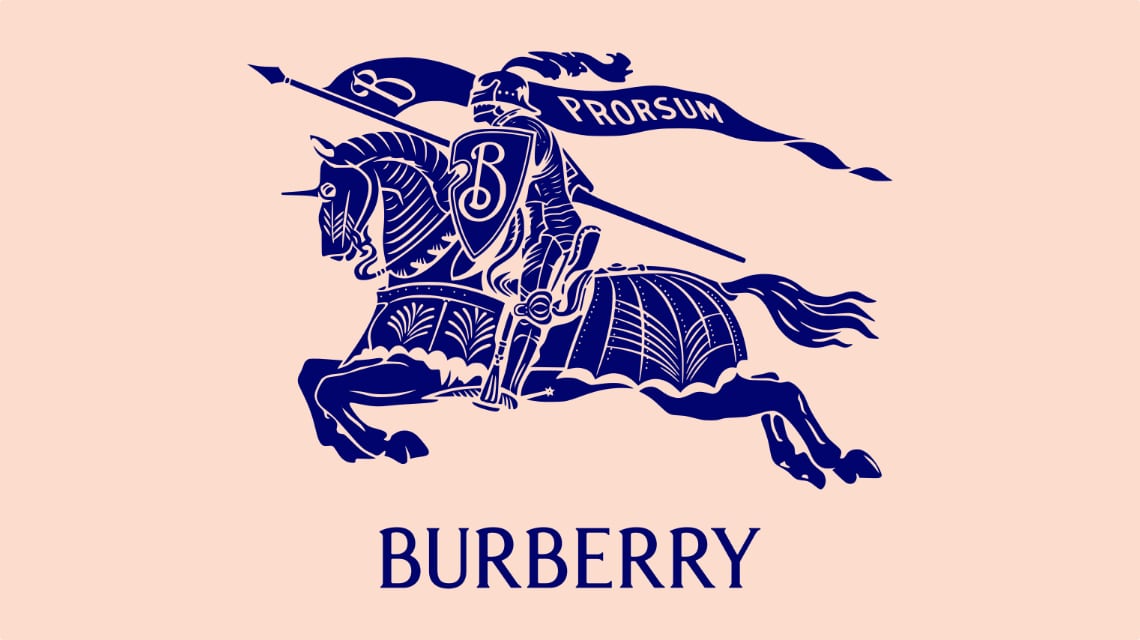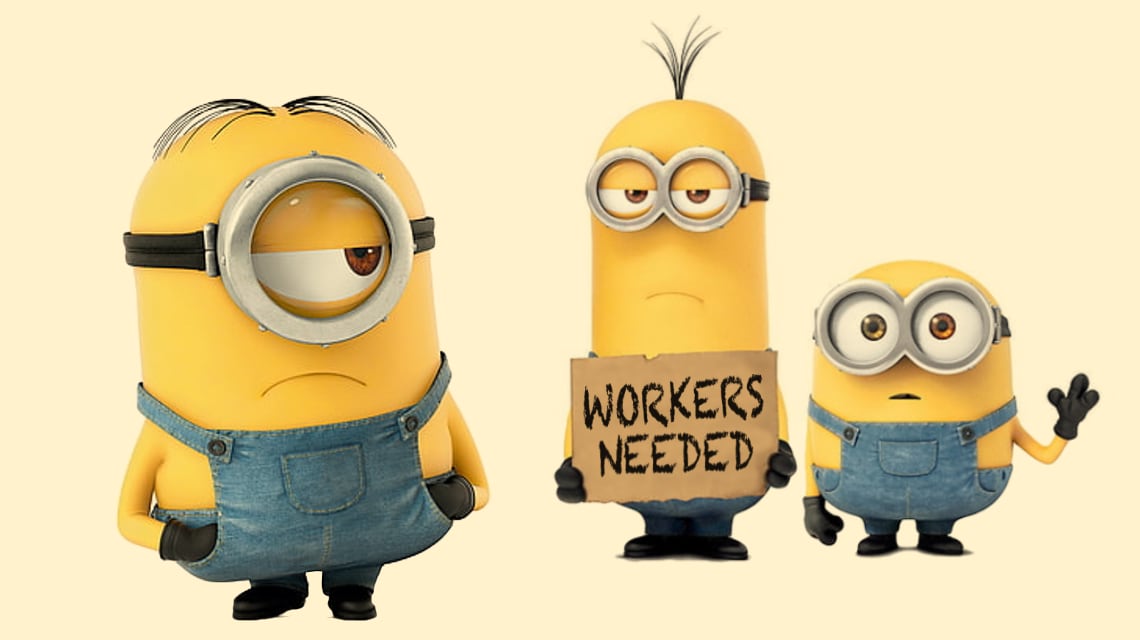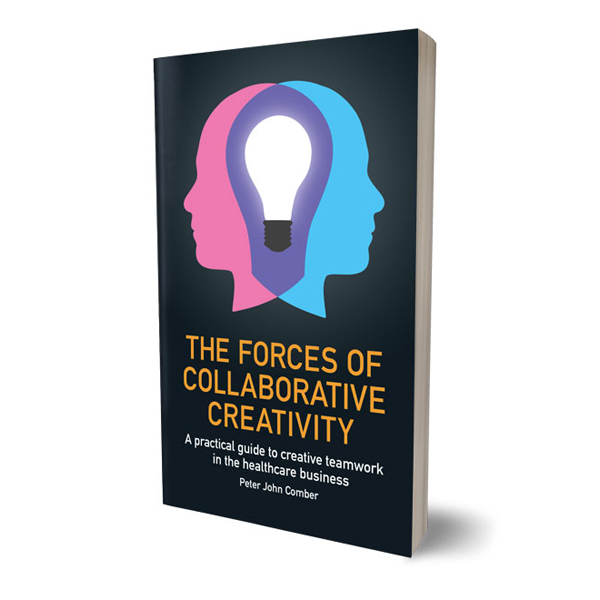Don’t be a Milkshake Duck
The key to survival in 2018: integrity and trust.
Milkshake Duck (an Internet meme that describes phenomena that are initially perceived as positive, only to soon after be revealed as deeply flawed, distasteful or repugnant) made it onto the Oxford Dictionaries’ Word of the Year 2017 shortlist. To me, it captures the 2017 zeitgeist much better than the winner: Youthquake.
The erosion of trust caused by scandal after scandal isn’t something exclusive to last year. It’s been happening for decades, but in 2017, exacerbated by the paranoia inducing concept of fake news and the erosion of the authority of competency, it has accelerated to the point where we risk becoming anaesthetised - no longer shocked by scandals or scandalised by lies, decadence becomes entertainment.
As our trust of institutions, leaders, corporations and brands diminishes the value of those who display integrity increases and the trust they generate increases in value as it becomes rarer. This is the climate that brands need to navigate in 2018 and beyond.
Integrity as a human trait is defined as “the quality of being honest and having strong moral principles”, it is important to understand that this not what I intend for brands. The definition of data integrity is “internal consistency or lack of corruption”, this is a good description of integrity applied to brands. A valuable brand, one that has meaning in its customers minds and therefore commercial strength, is dependable - it has brand integrity.
In 2017 Pepsi tried to co-opt the imagery of protest movements (a sign of the times) in their Kendall Jenner ad that prompted an immediate and harsh backlash on social media. I think they were trying to project “moral principles” and solidarity but all they achieved was to appear cynical and fake because socio-political protest is not “internally consistent” with the image they have cultivated for decades around their fizzy soda.
Trust is defined as “firm belief in the reliability, truth, or ability of someone or something”. Trust is a product of integrity - coherent, dependable actions over time earn trust. Unfortunately there is no Newton’s law of trust but the general principle is that years of brand integrity can slowly accrue a significant amount of trust, while a single divergent action can rapidly destroy trust equity.
In early 2017 UK based PR firm Bell Pottinger represented 60 companies on the London Stock Exchange, on 12 September 2017 it went into administration (bankruptcy). Years of building trust and image management (the brand came into being in 1998) were irreparably destroyed when professional activities by Bell Pottinger were revealed to be inciting and exploiting racial tensions in South Africa for commercial gain.
Increasingly consumers are actively boycotting brands for political or ethical reasons. The expectations of many go beyond the simple transaction of money being exchanged for a service or product. They expect trusted brands will respect their privacy and protect their data, will try not to destroy the environment, will treat their workers fairly and without prejudice.
While disruption is fast, construction is slow. Trust is built over time by unwavering integrity (consistency to one’s own values and promises). An image that doesn’t align with reality and any form of duplicity will, sooner or later, be revealed to public scrutiny. I believe the current climate makes trust not just a value to convey and defend but a potential differentiator. In the land of the Milkshake Duck brand integrity is king.





